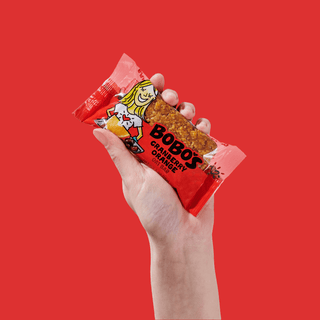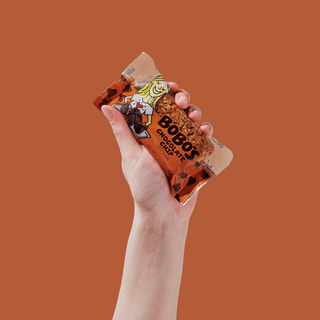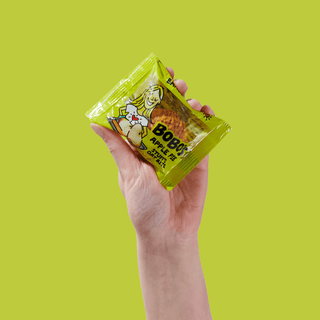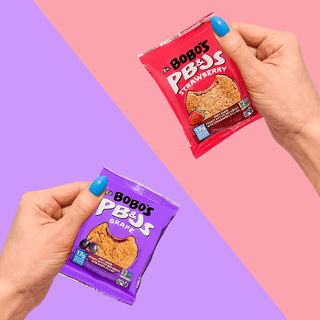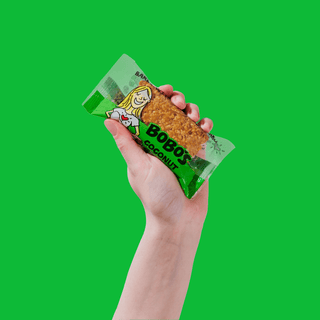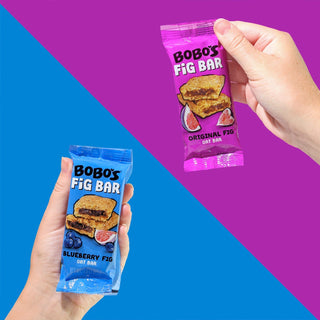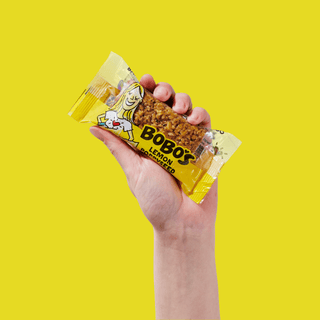In a world becoming more aware, conscious and accommodating to Gluten-Free options and diets, like many others you may have asked yourself, “Are whole grain oats gluten free? Is oatmeal gluten free?” The simple answer is yes, but there is also a little more to it.
Oats are Naturally Gluten-Free, But Not Always *Safe* (and Here’s Why!)
In their unprocessed, natural state, whole grain oats are gluten-free. They don’t contain the proteins that are found in other grains like wheat, barley, and rye. This is why oats appear or are considered safe to eat for people avoiding gluten. But you guessed it…there’s a small catch. Oats can easily be contaminated with gluten because of how they’re grown, milled, and processed. Depending on where they come from, they can easily become exposed to gluten contaminates, especially if they share equipment or fields with wheat or barley (which is what would make them unsafe for folks with celiac disease or a gluten sensitivity).
How to shop: Look for “Certified Gluten-Free Oats”
If you are concerned with making sure the oats you pick up at the grocery store or market are definitely gluten-free, make sure to look out for “certified gluten-free oats” or “pure oats” on the packaging. You are rest assured that packages marked with that distinction contain truly gluten-free oats.
So…what exactly makes something “certified gluten-free?”
Companies with products that are marked “certified gluten-free” are making the promise that they
-
Source ingredients that have been grown, harvested and processed very intentionally away from contaminants.
-
They craft their products in dedicated facilities, ones that follow strict protocols to avoid cross-contact or cross-contamination with food items containing gluten.
-
They test their final products to ensure they meet FDA standards.
If oats are naturally gluten-free, why do some people with Celiac Disease react negatively to them?
Most people who have celiac disease can handle oats just fine! But for a small percentage of folks, the issue isn’t gluten. Instead, it is a protein that occurs naturally in oats called avenin. Avenin can cause a reaction in this small subset of people even when no gluten is present. If you have a gluten intolerance and are just starting to incorporate oats, you should incorporate mindfully and pay close attention to how your body reacts! Consulting your healthcare provider during this phase is also a smart and recommended move. [would love a quote from the dietitian here to solidify/back up this claim]
What Are Some of the Benefits of Choosing Certified Gluten-Free Oats? [would love a quote from the dietitian here to solidify this section] - *This could also be a infographic/chart format to help cut down on copy and make it a bit more visual*
Certified Gluten-Free Oats have less than 20ppm gluten.
- Or in other words, Certified Gluten-Free oats meet the gluten-free label standards from the FDA
When you buy Certified Gluten-Free Oats, you can be confident knowing that they are pure oats and haven’t had any contact with wheat.
-
…(a.k.a. Lower risk of contamination)
When you buy Certified Gluten-Free Oats, you know that these have come from trusted sources and have been tested.
-
And if you are a celiac or gluten-sensitive person, you know how important this is!
Easy Gluten-Free Snacks and Other Options
There are lots of quick and easy gluten-free snacks, whether you are preparing for you or for your kiddos (and maybe easier to throw together than you realize!). We’ve also prepped a pretty hefty gluten-free food list for you here, to help you out on your next shopping trip! And for those moments when you need a super quick grab and go snack option…
Say “Hello!” to a smart & easy snack choice: Bobo’s Oats!
At Bobo’s, ALL of our Bobo’s Oatmeal Bar products are certified gluten-free. We use 100% whole grain oats that are loaded with fiber, nutrients, and beta-glucan that is super healthy for your heart! Not just that, we follow really intentional purity protocols, from each individual ingredient all the way through to the final bar. This means you can enjoy them worry-free! [would love a quote from the dietitian here to help strengthen the choice to eat Bobo’s Oat Bars]
Quick Cheat Sheet
✅ Whole Grain Oats are Naturally Gluten-Free…but ONLY if they haven’t been contaminated with another ingredient containing gluten
✅ Look for labels like “certified gluten-free” or “purity protocol oats”
✅ If you are celiac or have a gluten sensitivity, it’s always smart to consult with your healthcare provider before you start incorporating oats (and to help monitor any potential symptoms once you do!)

